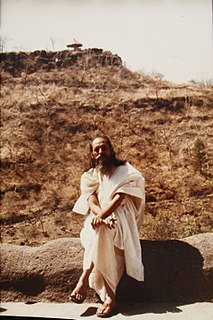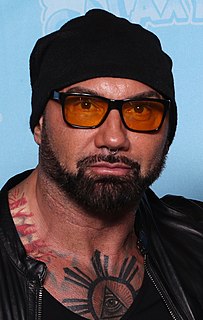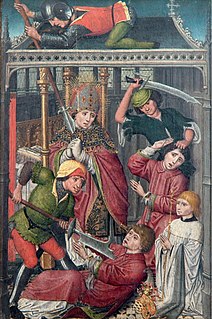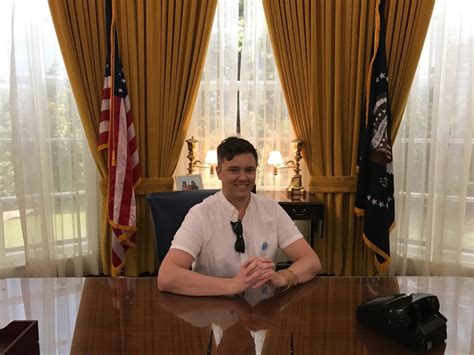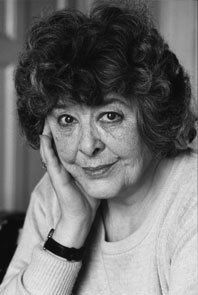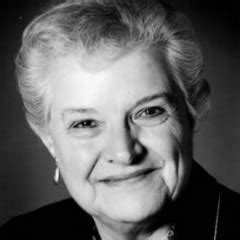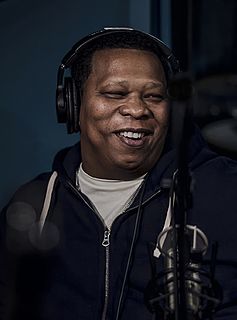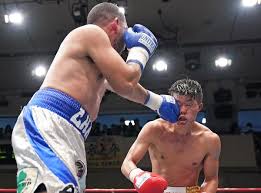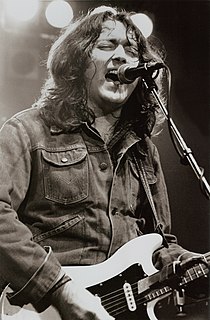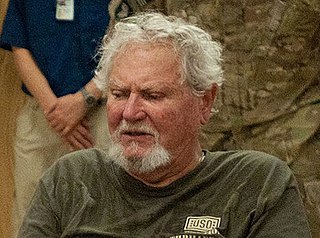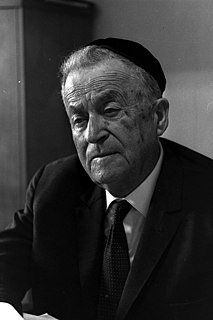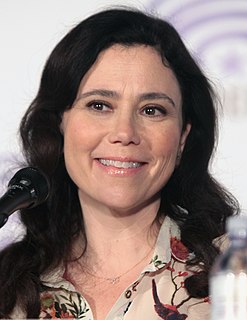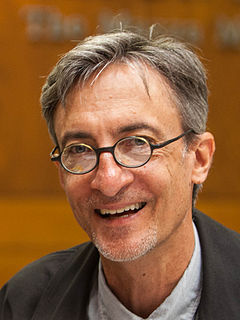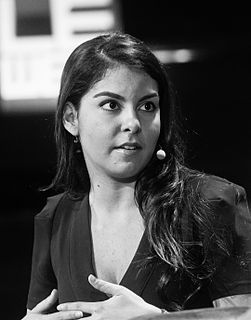Top 1200 Book Learning Quotes & Sayings - Page 10
Explore popular Book Learning quotes.
Last updated on December 19, 2024.
If I had lost a leg, I would tell them, instead of a boy, no one would ever ask me if I was 'over it'. They would ask me how I was doing learning to walk without my leg. I was learning to walk and to breathe and to live without Wade. And what I was learning is that it was never going to be the life I had before.
Because he did not have time to read every new book in his field, the great Polish anthropologist Bronislaw Malinowski used a simple and efficient method of deciding which ones were worth his attention: Upon receiving a new book, he immediately checked the index to see if his name was cited, and how often. The more "Malinowski" the more compelling the book. No "Malinowski", and he doubted the subject of the book was anthropology at all.
The book is a uniquely durable object, one that can be fully enjoyed without being damaged. A book doesn't require fuel, food, or service; it isn't very messy and rarely makes a noise. A book can be read over and over, then passed on to friends, or resold at a garage sale. A book will not crash or freeze and will still work when filled with sand. Even if it falls into the bath, it can be dried out and finished. Books require no special training to operate.
In America, and no doubt elsewhere, we have such a tendency toward the segregation of cultural products. This is a black book, this is a gay book, this is an Asian book. It can be counterproductive both to the literary enterprise and to people's reading, because it can set up barriers. Readers may think, "Oh, I'm a straight man from Atlanta and I'm white, so I won't enjoy that book because it's by a gay black woman in Brooklyn." They're encouraged to think that, in a way, because of the categorization in the media.
The book of the moment often has immense vogue, while the book of the age, which comes in its company from the press, lies unnoticed; but the great book has its revenge. It lives to see its contemporary pushed up shelf by shelf until it finds its final resting-place in the garret or the auction room.
Most challenging, mainly for me, learning how to bump, learning to trust your body and trust somebody else with your body, when we're learning how to do bodyslams and suplexes and figuring out how to kick somebody right while making sure to protect each other. In the beginning, for me, a forward roll was pretty challenging.
Scholars of the East and West have heroically consecrated their whole working lives to making available, by means of their own disciplines, Sufi literary and philosophical material to the world at large. In many cases they have faithfully recorded the Sufis' own reiteration that the Way of the Sufis cannot be understood by means of the intellect or by ordinary book learning.
If 'Mystery Train' is my Nixon book and 'Lipstick Traces' my Reagan book, 'Invisible Republic' is my Bill Clinton book. I really liked Clinton. He made me proud to be part of this country again. For all of his failings, the way he put all that he'd done in jeopardy, I supported him from beginning to end.
There were times when I thought I had to be completely off-book and ready to give my opening night performance at the audition, but then I swung back to a more relaxed view of it. Certainly you've looked at the material and prepared it, but there's no reason to be off-book. You're not getting points for being off-book.
I was perpetually grief-stricken when I finished a book, and would slide down from my sitting position on the bed, put my cheek on the pillow and sigh for a long time. It seemed there would never be another book. It was all over, the book was dead. It lay in its bent cover by my hand. What was the use? Why bother dragging the weight of my small body down to dinner? Why move? Why breathe? The book had left me, and there was no reason to go on.
You can't write a book if you've never read a book. And if you've read five books and you try to write a book, your book will mainly encompass the themes and the context of the five books you've read. Now, the more books you read, the more you can bring to a book when you decide to write one. So the more rap I learned, the more I was able to bring to rap when I decided to rap. But this was all subconscious.
I can walk into a bookshop and point out a number of books that I find very unattractive in what they say. But it doesn't occur to me to burn the bookshop down. If you don't like a book, read another book. If you start reading a book and you decide you don't like it, nobody is telling you to finish it.
From the standpoint of education, genius means essentially 'giving birth to the joy in learning.' I'd like to suggest that this is the central task of all educators. It is the genius of the student that is the driving force behind all learning. Before educators take on any of the other important issues in learning, they must first have a thorough understanding of what lies at the core of each student's intrinsic motivation to learn, and that motivation originates in each student's genius.
If you want to write about a person who isn't nice, people say, "This is a bad book. It's about somebody I couldn't stand." But that's not the point. You don't have to like a character to like a book. Most of the time, people would misjudge and say, "I didn't like the book." No, you didn't like the character. That doesn't make it any less interesting of a book. In fact, to me, it makes it more interesting.
What's your favorite book?' is a question that is usually only asked by children and banking identity-verification services--and favorite isn't, anyway, the right word to describe the relationship a reader has with a particularly cherished book. Most serious readers can point to one book that has a place in their life like the one that 'Middlemarch' has in mine.


